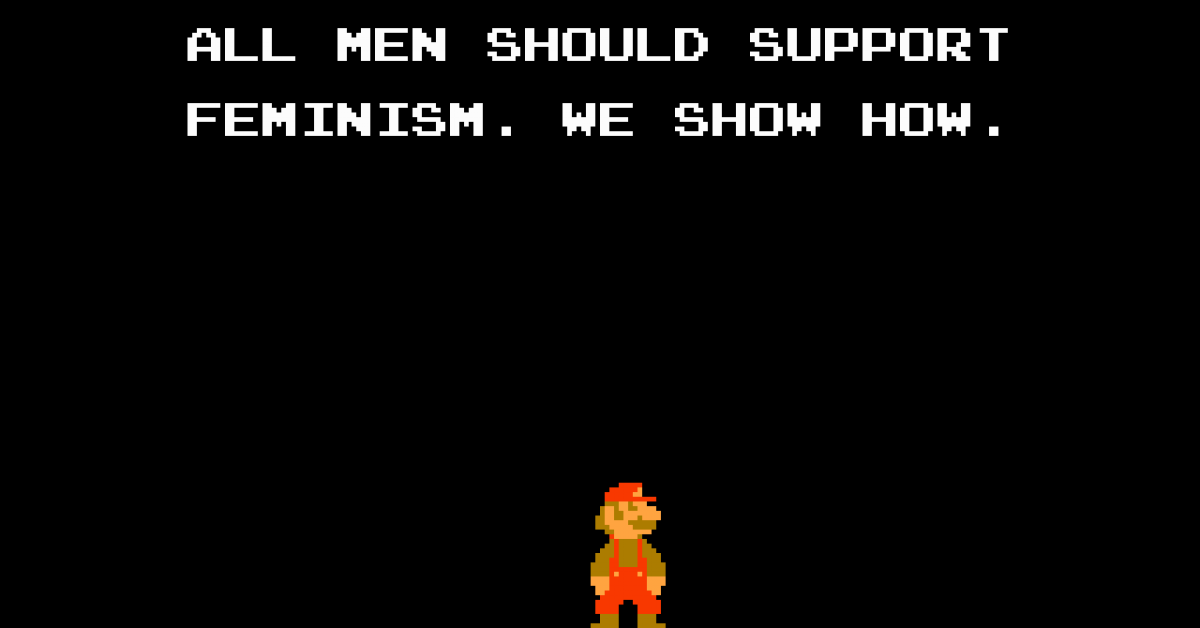
Text by Robert Franken, originally published here.
Gender equality is a topic that Germans seem to find particularly difficult to deal with. On an international level, we are doing anything but well. According to the Gender Equality Index of the European Institute for Gender Equality (EIGE), with a value of 66.9 (100 means full equality), Germany lags behind the European average. The EU Gender Equality Report highlights the most important developments over the last twelve months as well as processes of change since 2010 and focuses on potential factors for the progress of equal opportunities for women and men in the EU.
The situation in Germany is pretty bad in the area of wage equality: The gender pay gap, i.e. the wage gap between the sexes, is stalling at 21 percent. Some people believe that this gross wage gap can be reduced to a net gap of less than five percent. However, they lose sight of the fact that wage discrimination is no less unfair simply because a large part of the responsible factors can be explained. The opposite is true: Those who know about the factors and who do nothing about them are explicitly discriminating.
Other gender gaps are no less dramatic. On average, women perform 52.4 percent more care work than men (gender care gap), earn just half of an average male lifetime income (gender lifetime earnings gap) and, finally, women are quite frequently confronted with poverty at old age as a result of the gender pension gap. It is truly a vicious circle of gender gaps, and it is high time to take countermeasures.
The economic sphere faces significant challenges. For a long time, politicians, in particular, appealed to companies to finally ensure that equal rights should also be introduced at management level. With the “Act on the Equal Participation of Women and Men in Management Positions“ (German: „Gesetz für die gleichberechtigte Teilhabe von Frauen und Männern an Führungspositionen (FüPoG)“, the federal government introduced a binding quota for supervisory boards of listed companies in 2015. In addition, the law also provided for an obligation to set target figures, according to which certain companies must set themselves target figures for increasing the proportion of women on their supervisory boards, boards of management and top management levels. However, the latter in particular subsequently proved to be hardly effective.
Many companies simply carry on as before. They more or less stoically take note of their glass ceilings and their leaky pipelines (i.e. hierarchies in which the number of women decreases in proportion to their career level). As if these phenomena were laws of nature, and not the result of structural injustices and systemic misconfigurations. If, against this background, listed companies continue to set themselves a „Zielquote null”, this seems only cynical against the background of the debates on equality. Politicians have already announced that they will react.
But it is not only because the political interventions and regulatory frameworks are too vague. Corporate leaders – and the vast majority of them are men – have also become accustomed to delegating and institutionalising the issues of diversity and gender equality. This means that they appoint equality and/or diversity officers, but generally do not take care of the details themselves.
But it is precisely these details that have the potential to provide the solution. As a man, I have to deal with my role and responsibility in the area of Diversity & Inclusion (D&I), otherwise little or nothing will change. And this responsibility cannot be delegated, neither to departments nor to individuals. If the right attitude of those responsible is lacking, every individual measure is obsolete. And this attitude must be the top (management) priority.
There is still a lack of “agency” in this area. Those who have decision-making power in organizations must also take responsibility for the issues mentioned. Responsibility means that they must make these issues their own personal agenda.
Men have a key role to play in this context. Why? Because they can change the system: by reflecting on their attitude, by questioning their behavior, by making concrete decisions from positions of power. Men must eventually give up power so that power can be distributed more fairly. We need an honest examination of our internalized beliefs and behaviors, our socialization as men and our numerous blind spots and biases.
It is simply human that we think and act on the basis of so many biases. It is human that we are subject to stereotypes and prejudices. It is human that we occasionally think and act sexist, racist or classicist. It would be inhumane, however, if we did not do everything in our power to improve. Unfortunately, simple anti-bias training or similar interventions do not help, and some of them are even counterproductive. Such measures must be embedded in the cultural transformation of our organizations. And that is hard work that many seem to shy away from.
Up to now, attention has been focused almost exclusively on women. They had been identified as having alleged deficits. Mentoring programs, behavioral and communication training and numerous other measures have aimed and still aim to train women to behave in a very specific way. In other words, to teach them how best to fit into the system. However, such an approach hinders the much-needed questioning of the system and also feeds two dangerous narratives: that women are supposedly not (yet) able to do it; and that women who have been selected for certain leadership positions but refused such promotion would simply not want it. Both are distorted perceptions that distract from structural problems.
Inclusion is about fair and equal participation. Fixing women, i.e. making women fit in, is the exact opposite: It creates every conceivable loophole for our systems and their protagonists so that everything can stay the same. But that would be fatal in view of the transformation tasks that lie ahead of businesses, politics and society. Diversity is a coping strategy in the context of VUCA, not a nice-to-have.
Hopefully, it will soon no longer be a matter of teaching women how to perform management tasks in predominantly male environments. Instead, we finally have the chance to focus on changing the system. And the system is built for men, designed by men and influenced by men. This brings with it great responsibility. Men have a choice: they can become part of the solution, or they automatically remain part of the problem.
For companies this means a major rethink. The times in which paid work was standing monolithically in the centre of an employee’s life are coming to an end. It used to be the individual responsibility of each and every one of us to create compatibility between work and life, to ensure that paid work and care work could function next to each other But this is increasingly becoming a challenge for employers, too – at least in higher-qualified professions and sectors. Companies must get used to including aspects beyond the context of paid work in their area of responsibility. In short, they must do more to live up to their social responsibility. And that also means helping to ensure that men do less paid work and more care work.
All this is linked to overcoming male hyperinclusion. Men are so involved in being managers, CEOs, VPs or directors, that there are oftentimes no other responiobilities left fort them in life, in particular no care work responsibilities. When men realize that they should not only take a step back, but that this is accompanied by a great enrichment of their own life experience, then opportunities for female careers and the chance for a fairer distribution of care work open up at the same time. The latter is a core task of our time, not only from the perspective of a feminist economy.
For it’s true what Sabine Rennefanz recently formulated in her column for the Berliner Zeitung: “For a long time the Western-style welfare state only worked because women did work for free. They raised children, they cared for the elderly. But women are less and less willing to do this, with drastic consequences that everyone feels.”
Women are more and more tired of dealing with their “mental load”, the never-ending to-do list in connection with care activities. It keeps them from making a career or simply from having time for other things than housework, childcare or paid work. Some call it life.
The economy benefits immensely from unpaid care work performed by women. In a recent study, the development aid organization Oxfam calculated that women and girls worldwide perform more than twelve billion hours of unpaid work every day. If the minimum wage were applied to this work, it would be worth over eleven trillion US dollars a year.
We must finally turn our attention to men. The Swedish AllBright Foundation has been monitoring developments in Germany for a long time. Christian Berg, who runs the foundation in Germany together with Dr. Wiebke Ankersen, cites as a key factor for employers “encouraging men to take more parental leave, pick up children from daycare or stay home with sick children. If you don’t do this, you automatically promote men in the company at the expense of women.” These are already very concrete recommendations for action, which have the potential to shift organizational and ultimately social norms in the medium term.
The fact that norms are already changing can be observed not least in the investment decisions of the major players. Goldman Sachs, for example, which has not exactly been a role model of fairness and justice in the past, will no longer accompany IPOs of companies whose supervisory boards are “white and male”. A small step, but one from an influential niche.
In case we get our systems moving and start to eliminate asymmetric gender relations, we should tie a huge knot in our handkerchiefs. We must not fall into the trap of simpy replacing men in influential positions with women. This must also involve a questioning of our economic systems as a whole. Without constructive and systemic criticism of capitalism, the call for gender equality remains a lip service.
